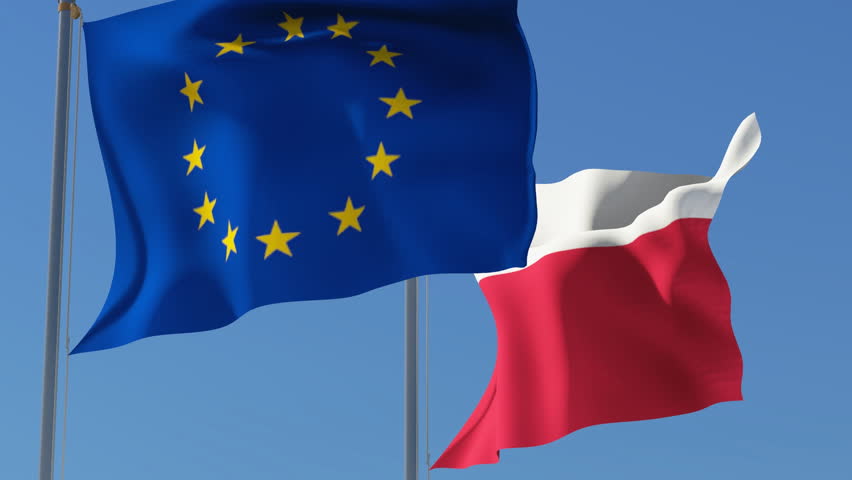Poland to strike deal with EU
April 16, 2018 | Expert Insights

The Polish government is close to finalizing concessions with the European Union. This is regarding its proposed judicial reforms that some say, would put at serious risk the independence of the Polish judiciary. The government is eager to come to a consensus before the start of the EU budget talks, scheduled for next month.
Background
Poland can trace its roots back over 1,000 years. Positioned at the centre of Europe, it has known turbulent and violent times. During World War II, several million people, half of them Jews died. In 2004, Poland became an EU member. It is also a member of the NATO. For many years prior to joining the EU, the nation was under communist rule. The European Union (EU) is a political and economic union of 28 member states that are located primarily in Europe.
A country known for its protectionist tendencies, Poland has refused to take in refugees, with officials claiming that people of Muslim background are a threat to security. Fewer than 1% of the Polish population is Muslim.
The occupation of Poland by Nazi Germany and the Soviet Union during the Second World War (1939–1945) began with the German-Soviet invasion of Poland in September 1939, and it was formally concluded with the defeat of Germany by the Allies in May 1945. During that period, it was home to the dreaded Auschwitz concentration camp. This was a network of German Nazi concentration camps and extermination camps built and operated by Nazi Germany in annexed Polish areas during World War II.
Analysis
Beata Szydlo, Poland’s current prime minister, leads the right-wing populist Law and Justice party. Szydlo has often been at odds with the EU. The current administration has been highly critical of taking in refugees especially those from Muslim nations. Earlier this year, she even appeared to use a commemorative speech at the Nazi death camp to defend her anti-EU stance on refugees. She said, “In our troubled times, Auschwitz is a great lesson that everything must be done to defend the safety and the lives of citizens.” This was heavily criticized at the time.
In November 2017, in a rare move, the European Parliament voted, 438 to 152, to adopt a resolution to begin the first stage in a lengthy process to invoke Article 7. This allows the bloc to punish member nations that violate its democratic and human rights standards. In December 2017, the EU initiated a process that would deny Poland its voting rights within the EU. This extraordinary step was as the Polish government backed rules that would force out some two-fifths of Supreme Court justices and give politicians more sway over a council that decides on court appointments. If signed into law by President Andrzej Duda, the rules would put at serious risk the independence of “all parts of the Polish judiciary,” according to the Venice Commission.
Now, the Financial Times has reported that in order to ensure this issue is not a major concern during EU budget talks next month, Polish authorities have been working on a series of concessions regarding the judicial issue with Brussels. FT described that this move is to ensure Poland’s finances. The report notes, “The change of tack by Poland’s ruling Law and Justice party is an attempt to mollify the European Commission before it puts forward its long-term budget proposals, when financial transfers to Poland could be at stake.”
This development follows a two year stand off between the Polish government and the more liberal members of the European Union. Reuters noted, “Sources said a special Kaczynski envoy, Adam Bielan, also held back-channel talks in Brussels with Martin Selmayr, the top aide of the head of the Commission, Jean-Claude Juncker.”
“The coup would be so big that more concession are possible, though of course they would not change the essence of the (court) reforms,” the person said under condition of anonymity. “The society is pro-European.”
Assessment
Our assessment is that it is clear that the more liberal democracies part of the European Union view the current right-wing populist government of Poland as a threat to its values. As right-wing nationalism grows, there are fears also on the rise of fascism, racism and bigotry in the region. As the government moves to accumulate more power, it is likely that this sentiment could be further fostered and developed. However, the fact that the Polish government is willing to make sweeping concessions should come as a reprieve to the EU.
Another reason why the ruling party is conceding to the EU is due to domestic politics. The opposition party has been attacking the government for souring ties with the EU. Through this compromise, that argument would be rendered ineffective.








Comments